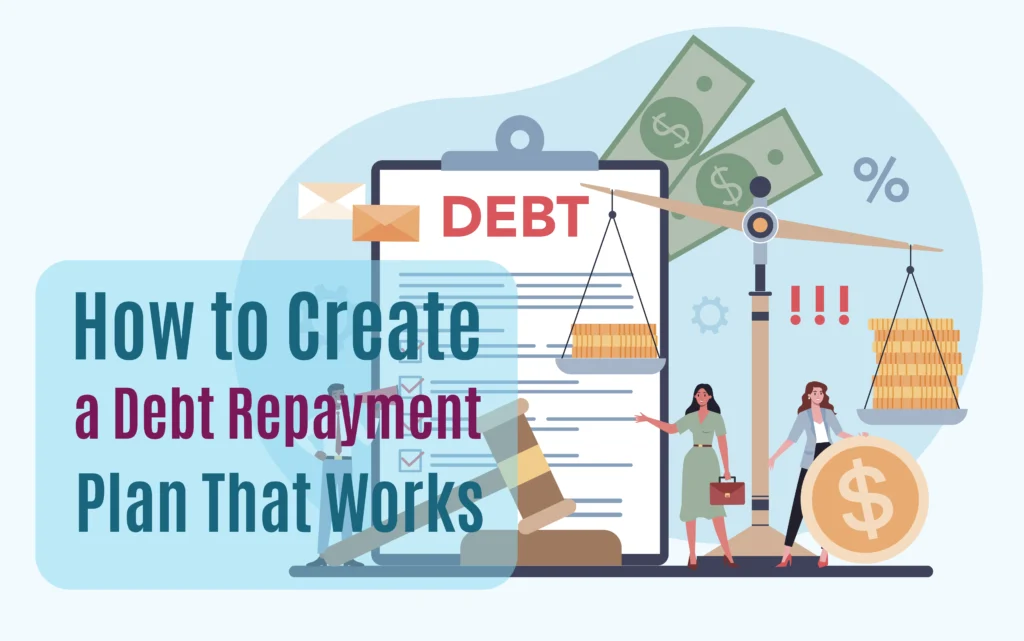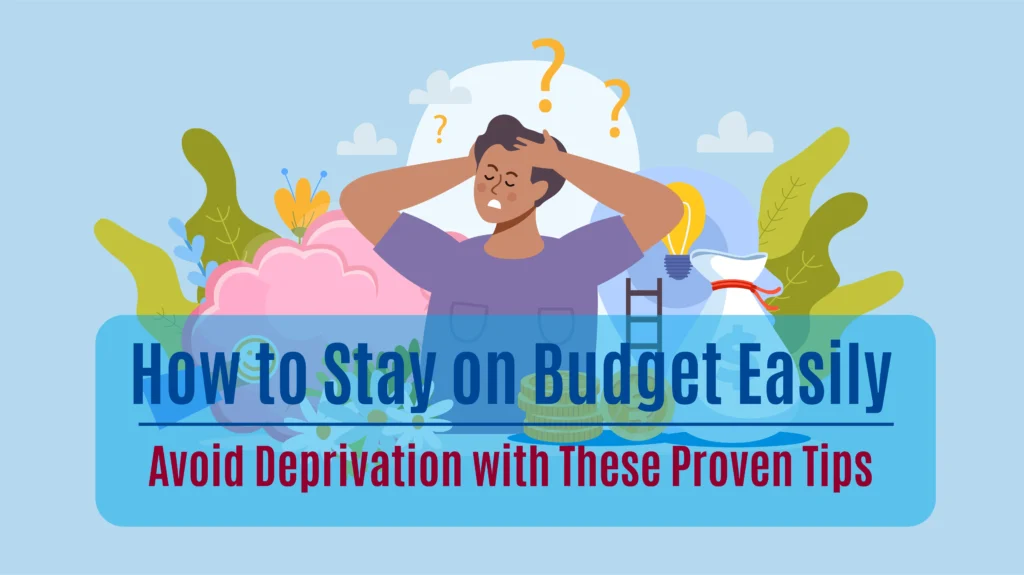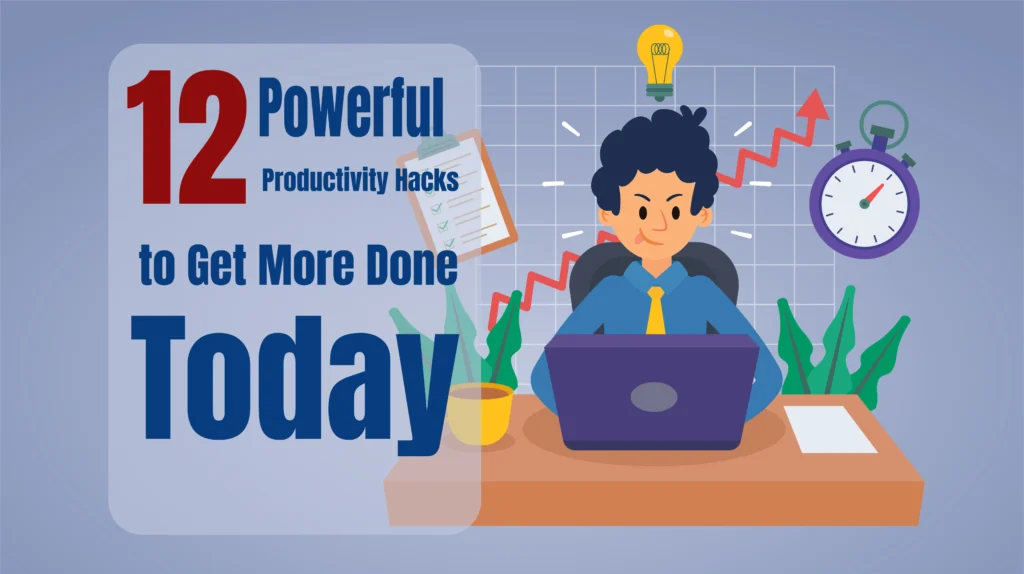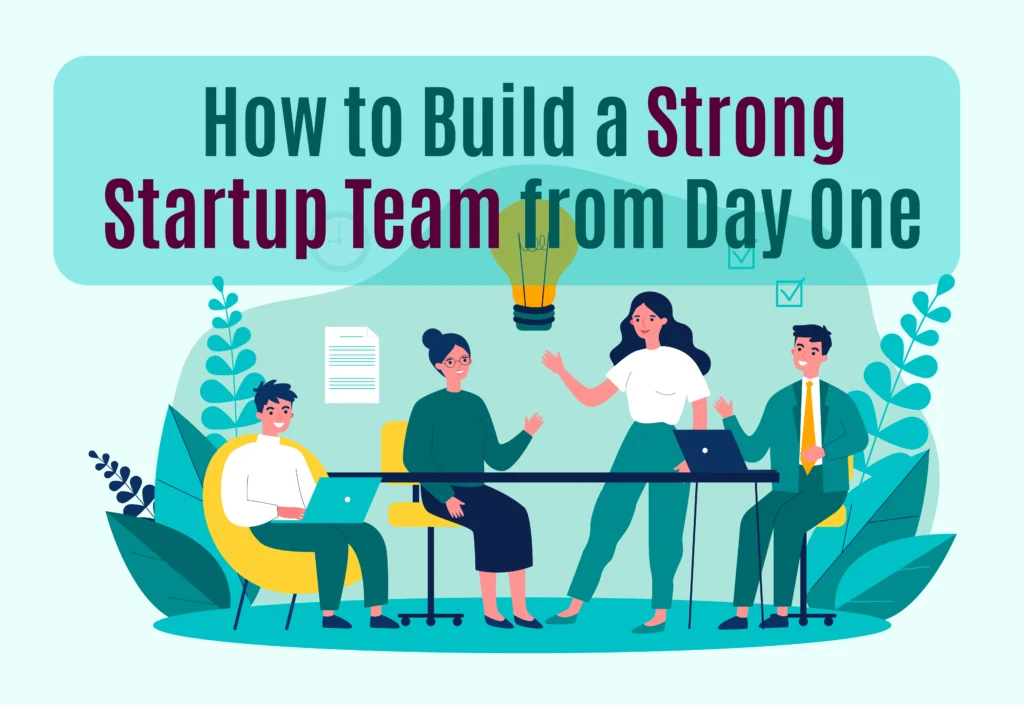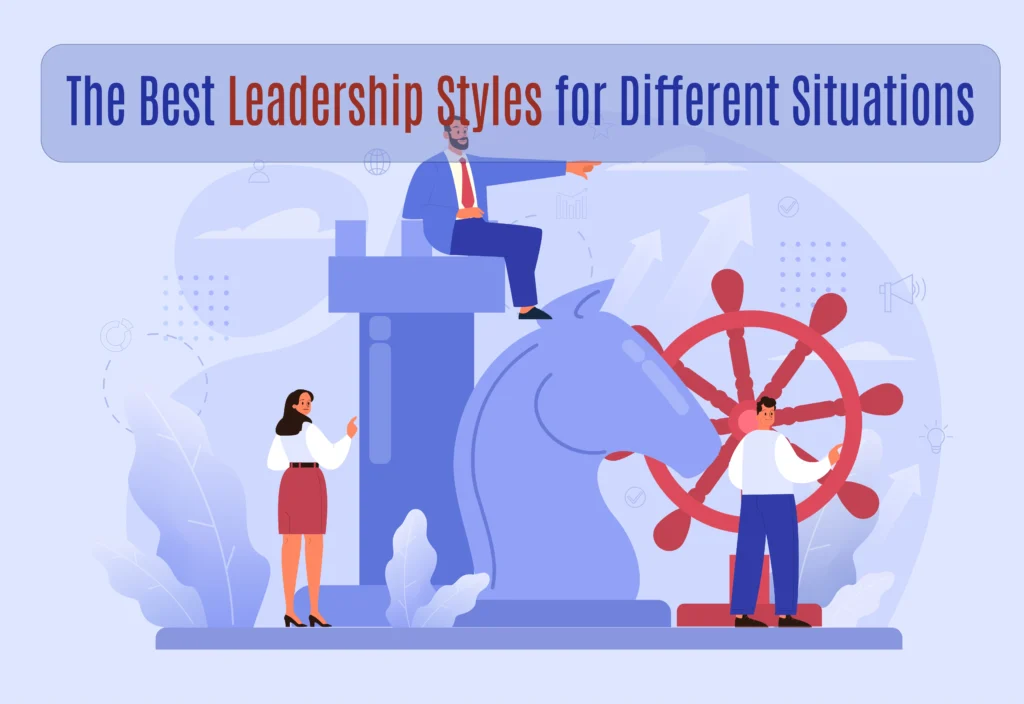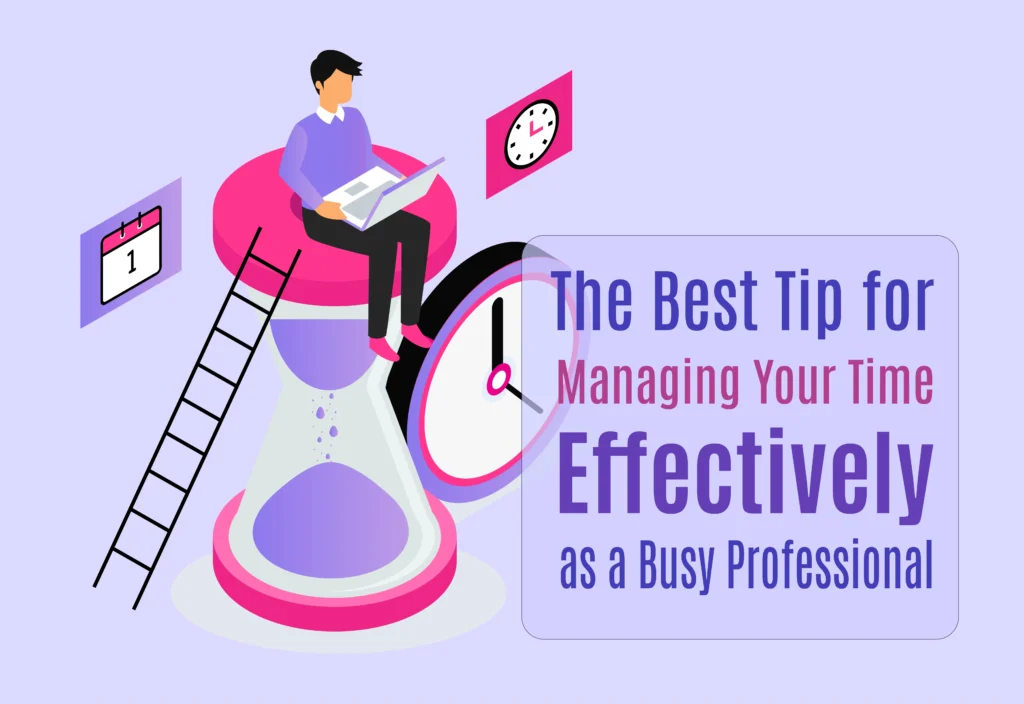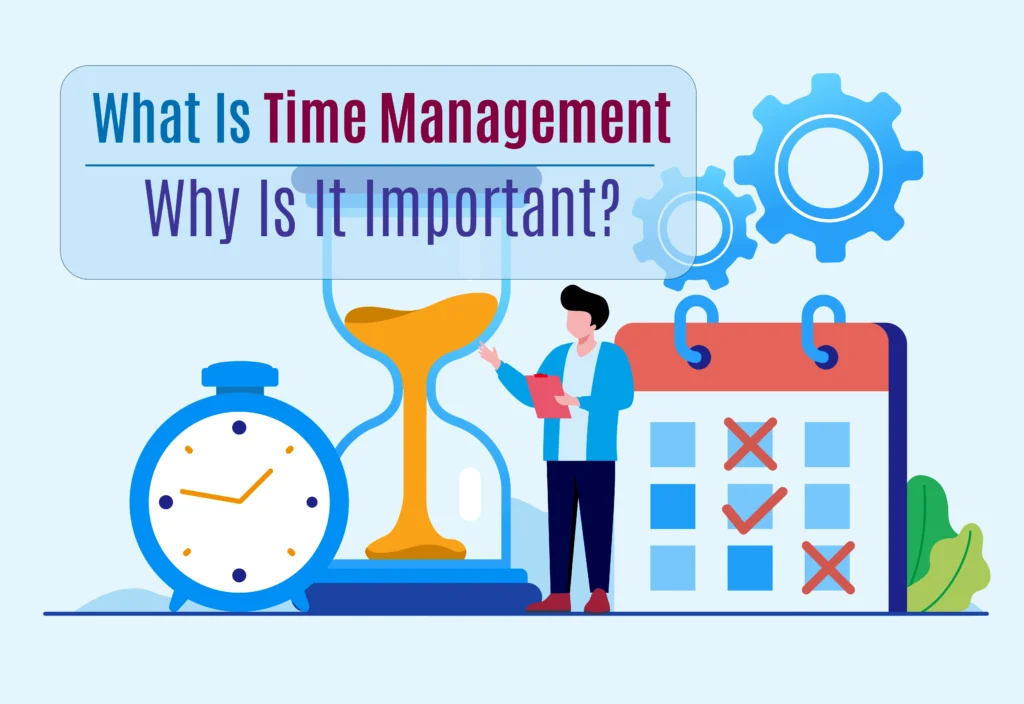Balancing Work and Life as a Startup Founder: Tips for Beginners
Starting a business is one of the most exciting and challenging endeavors a person can take on. As a startup founder, you likely wear many hats—CEO, marketer, product developer, and customer service representative, to name a few. The demands are endless, and the lines between your work and personal life can quickly blur. This intensity, if not managed properly, can lead to burnout, reduced productivity, and strain on personal relationships. Yet, many founders struggle to find the right balance between the demands of their startup and their personal life.
Achieving a sustainable work-life balance is not just important for your well-being; it’s essential for the long-term success of your business. In this blog post, we’ll explore why balancing work and life is so critical for startup founders and provide actionable tips to help you achieve that balance while growing your business.

The Importance of Work-Life Balance for Startup Founders
Work-life balance isn’t just a trendy term. It’s a critical component of sustainable success, especially for entrepreneurs who face the unique pressures of launching and growing a startup. Founders often push themselves to the limit, believing that constant work is the only way to achieve success. However, this mentality can be detrimental to both your personal health and your business.
Impact of Burnout on Performance and Business
Burnout is a state of physical, emotional, and mental exhaustion caused by prolonged stress and overwork. Startup founders are particularly susceptible to burnout because of the constant pressure to meet goals, solve problems, and keep the business running smoothly. Many feel that they cannot afford to take breaks, which leads to a never-ending cycle of work.
How Overworking Hurts Productivity and Decision-Making
Ironically, the more you work, the less productive you become. Overworking can cloud your judgment, slow your decision-making process, and impair your ability to think creatively. Fatigue reduces cognitive function, which means the quality of your decisions suffers when you’re exhausted. In the long run, this could hurt your business far more than taking regular breaks and recharging.
Why Balance is Key to Sustainable Growth
While it may seem counterintuitive, achieving a balance between work and personal life can actually drive sustainable business growth. When founders are well-rested and able to take time away from their business, they return to work with renewed focus, energy, and creativity.
Maintaining Energy, Focus, and Creativity Over Time
Maintaining work-life balance helps you preserve your energy for the most critical tasks. As the leader of a startup, you need to be able to pivot quickly, think strategically, and lead your team with clarity. A balanced life gives you the mental space needed for high-level thinking and problem-solving, which is crucial for the long-term success of your business.
Common Challenges Faced by Startup Founders
For many startup founders, finding the right balance between work and personal life is a significant challenge. The demands of running a new business can feel all-consuming, leading many to sacrifice their personal time, health, and relationships. Here are some of the most common challenges that make it difficult to achieve work-life balance.
Blurring of Boundaries Between Work and Personal Life
When you’re passionate about your startup, it’s easy to let work spill into every corner of your life. Many founders work from home or have flexible workspaces, which makes it harder to separate personal time from work time.
Why Founders Struggle to Separate Work from Life
Without clear boundaries, it’s easy to find yourself responding to emails late at night or working through the weekend without taking time for yourself. This blurring of boundaries can make it difficult to fully disconnect from work, leading to constant stress and exhaustion.
The Pressure to Always Be “On”
Founders often feel a deep responsibility to be constantly available for their business. Whether it’s responding to customer queries, checking in with employees, or handling unexpected issues, the pressure to always be “on” can be overwhelming.
Why Founders Feel the Need to Be Constantly Available
In a startup, especially in the early days, every decision feels urgent, and there’s a sense that if you take a break, something will go wrong. This mindset leads to founders being glued to their phones or laptops, even during personal time, which prevents them from recharging and ultimately leads to burnout.
Inability to Delegate and Trust the Team
One of the biggest challenges for startup founders is learning to delegate. Many founders struggle to let go of control, believing that they must handle every aspect of the business themselves to ensure it’s done right.
Why Founders Struggle to Let Go of Control
While it’s natural to want to oversee every part of your startup, trying to do everything yourself leads to burnout and prevents you from focusing on high-priority tasks. Trusting your team and delegating responsibilities is critical for both your well-being and the success of the business. Learning how to delegate effectively frees up your time and allows your team to grow alongside the company.
Practical Tips for Balancing Work and Life
Achieving a healthy work-life balance as a startup founder requires intentional effort and practical strategies. Here are some actionable tips to help you maintain balance while running your business.
1. Set Clear Boundaries Between Work and Personal Life
One of the most effective ways to balance work and life is to establish clear boundaries. This means setting dedicated work hours and sticking to them. When the workday is over, make a conscious effort to disconnect and focus on your personal life.
How to Create a Structured Routine to Separate Work from Life
Establish a daily routine that separates your work tasks from your personal time. For example, set regular work hours and designate a specific workspace, whether it’s an office or a particular room in your home. This will help you mentally switch between “work mode” and “personal mode.” When work hours are over, put away your work materials, shut down your computer, and allow yourself to fully engage in your personal life.
2. Learn to Delegate and Trust Your Team
Delegating tasks is not only essential for scaling your startup but also for maintaining your own well-being. By offloading tasks to your team, you create more space in your schedule for rest, strategic thinking, and personal time.
Why Delegating Tasks Helps Reduce Workload
Delegation is about more than just reducing your workload—it’s about empowering your team. Identify tasks that don’t require your direct involvement and assign them to team members you trust. As your team grows, so should their responsibilities. By trusting your team to handle key tasks, you can focus on higher-level strategic decisions and personal well-being.
3. Prioritize Self-Care and Downtime
It’s easy to neglect self-care when you’re busy running a startup, but taking care of yourself is vital for maintaining long-term productivity and health. Self-care doesn’t just mean spa days or vacations; it’s about incorporating small, daily habits that promote physical and mental well-being.
The Role of Exercise, Sleep, and Relaxation in Productivity
Regular exercise, a healthy diet, and adequate sleep are crucial for keeping your energy levels up and your mind sharp. Prioritize activities that help you unwind and recharge, such as walking, reading, meditation, or spending time with loved ones. Building these habits into your daily routine will help you maintain a healthy balance between work and life.
4. Use Time Management Tools to Stay Organized
Good time management is key to maintaining balance. Using time management tools like Trello, Asana, or Google Calendar can help you stay organized, prioritize tasks, and ensure that your work time is productive.
How Tools Like Time-Blocking and Task Management Help
Time-blocking is a powerful technique where you assign specific time slots to different tasks throughout your day. This ensures that you stay focused on high-priority work during designated hours, making your workday more efficient and leaving you with more time for personal activities. Task management tools help you keep track of deadlines and projects so you can work smarter, not harder.
5. Schedule Personal Time and Stick to It
Scheduling personal time may sound strange, but it’s one of the most effective ways to ensure that you prioritize your life outside of work. Treat your personal time with the same importance as a business meeting.
Creating Time for Family, Hobbies, and Rest
Block out time on your calendar for personal activities—whether that’s spending time with family, pursuing a hobby, or simply relaxing. This time is non-negotiable, and you should protect it from being overtaken by work commitments. Having dedicated time for yourself helps you recharge and maintain balance.
≫ Related Post: How to Find the Right Business Idea
Building a Support System
One of the most overlooked aspects of maintaining work-life balance is building a strong support system. As a startup founder, having people around you who understand the challenges you face and can offer advice, perspective, or just a listening ear is invaluable.
The Importance of a Strong Support Network
A support system can include family, friends, mentors, and fellow entrepreneurs. These individuals can provide guidance, offer feedback, or simply help you decompress after a stressful day. Surrounding yourself with supportive people helps you maintain perspective and stay grounded when work becomes overwhelming.
How Family, Friends, and Mentors Help Keep You Grounded
Family and friends remind you of the life you’re building outside of your startup, helping you stay connected to your personal values and long-term goals. Mentors, on the other hand, can provide practical advice and share their own experiences with balancing work and life, offering insights that can help you avoid common pitfalls.
Engaging with Other Entrepreneurs
Connecting with fellow founders or joining entrepreneurial communities can also help you manage the pressures of startup life. Sharing your challenges and successes with other entrepreneurs who are in similar situations can provide you with the support and encouragement you need.
Joining Communities of Startup Founders for Shared Experiences
Entrepreneurial communities—whether local networking groups or online forums—are great resources for exchanging advice, learning from others, and sharing strategies for achieving work-life balance. These connections can remind you that you’re not alone in your struggles, making it easier to handle the ups and downs of startup life.
Recognizing the Signs of Burnout and How to Recover
It’s important to recognize the signs of burnout early so you can take action before it significantly affects your health and your business. Burnout doesn’t happen overnight—it builds up over time, often due to long periods of stress, lack of rest, and overwork.
Early Warning Signs of Burnout
Burnout can manifest in many ways, both physically and mentally. Some early signs include constant fatigue, irritability, lack of motivation, and feeling detached from your work. You may also notice that you’re struggling to focus or make decisions, and that your enthusiasm for your startup has diminished.
Identifying Physical and Mental Signs of Overwork
Physical symptoms like headaches, insomnia, and muscle tension are common signs of burnout. Mentally, you might feel overwhelmed, anxious, or emotionally drained. If you notice these symptoms, it’s a clear indication that you need to take a step back and address the underlying issues.
Strategies for Recovery and Preventing Future Burnout
Recovering from burnout requires rest, reflection, and often a restructuring of your work habits. Taking time off is essential to allow your body and mind to recover. Additionally, consider delegating more responsibilities, reducing your workload, and setting clearer boundaries to prevent future burnout.
Implementing Recovery Plans to Get Back on Track
Once you’ve identified burnout, create a recovery plan that includes taking time off, re-evaluating your workload, and incorporating more self-care into your routine. Use this time to reflect on what led to the burnout and adjust your habits moving forward to avoid the same outcome in the future.
Avoiding Common Pitfalls in Work-Life Balance
As you work towards balancing your work and personal life, be mindful of the common pitfalls that many startup founders fall into. By recognizing these mistakes early, you can take proactive steps to avoid them.
Neglecting Personal Health for Business Growth
It’s easy to put your personal health on the back burner when you’re focused on growing your business, but this can lead to serious long-term consequences.
The Consequences of Ignoring Physical and Mental Health
Neglecting your health leads to burnout, stress-related illnesses, and reduced productivity. Make sure that you’re prioritizing your physical and mental health alongside your business goals to sustain both yourself and your startup.
Overcommitting and Failing to Set Boundaries
Many founders fall into the trap of overcommitting—saying yes to every opportunity, meeting, or event. While it’s tempting to do everything in the early stages, overcommitting can derail your work-life balance.
How Saying Yes to Everything Can Derail Balance
Learning to say no and setting boundaries is essential for maintaining balance. Focus on the tasks and opportunities that align with your business goals and personal values, and don’t be afraid to turn down commitments that don’t fit into your schedule.
Feeling Guilty for Taking Time Off
Many startup founders struggle with guilt when they take time off, believing that every moment away from work is a missed opportunity for progress.
Overcoming Guilt and Accepting the Importance of Rest
Rest is not a luxury—it’s a necessity for long-term success. Overcoming guilt starts with recognizing that taking time off will make you a more effective leader. Rest and recovery allow you to return to work with greater focus, creativity, and energy, ultimately benefiting your business.
Conclusion
As a startup founder, balancing work and life is one of the most important, yet challenging, tasks you will face. It’s easy to get caught up in the demands of growing a business, but without balance, you risk burnout, reduced productivity, and strained personal relationships.
By setting clear boundaries, learning to delegate, prioritizing self-care, and building a strong support system, you can maintain a healthy work-life balance while still achieving your business goals. Remember that taking care of yourself is not only beneficial for your well-being—it’s essential for the long-term success of your startup.


